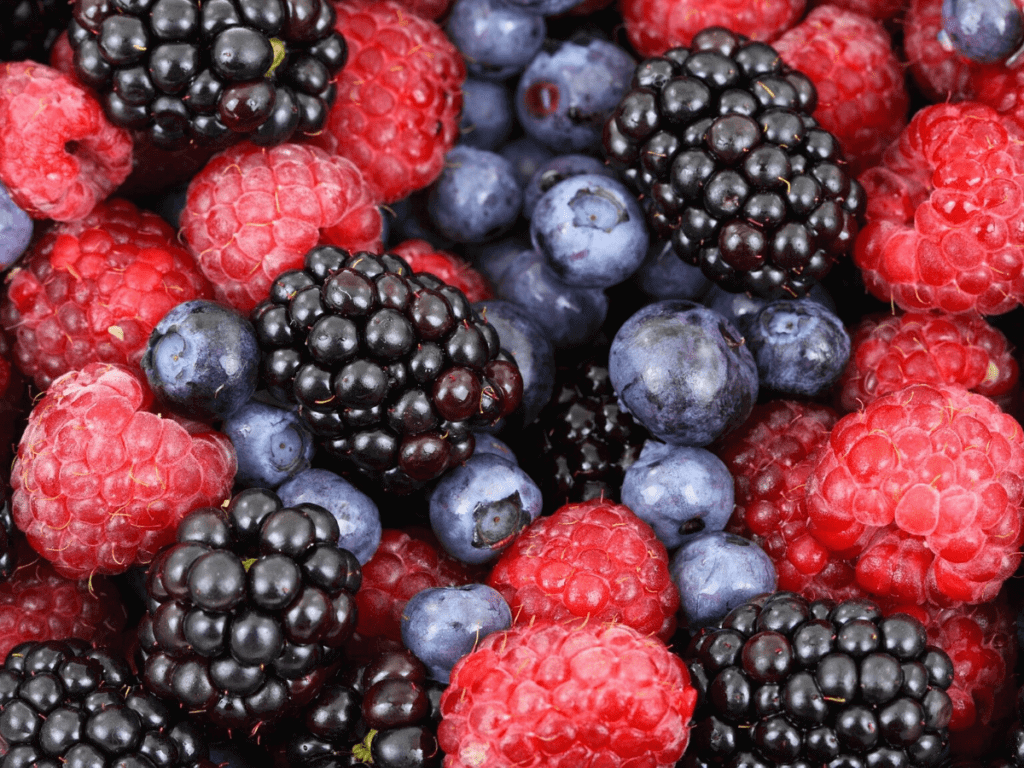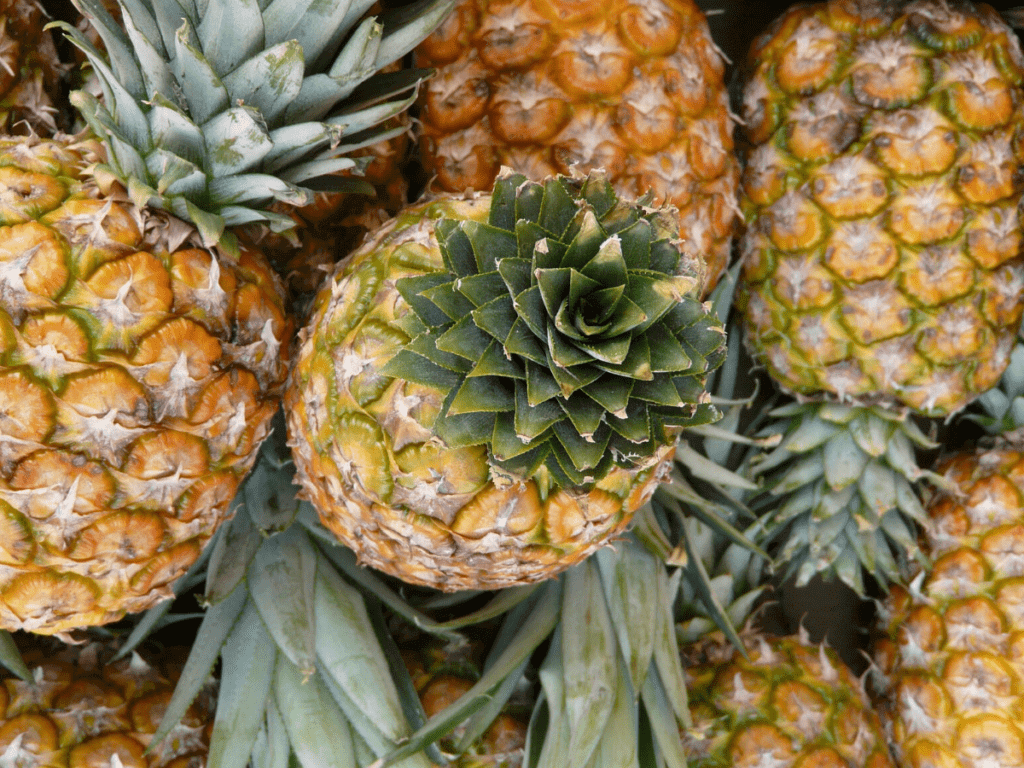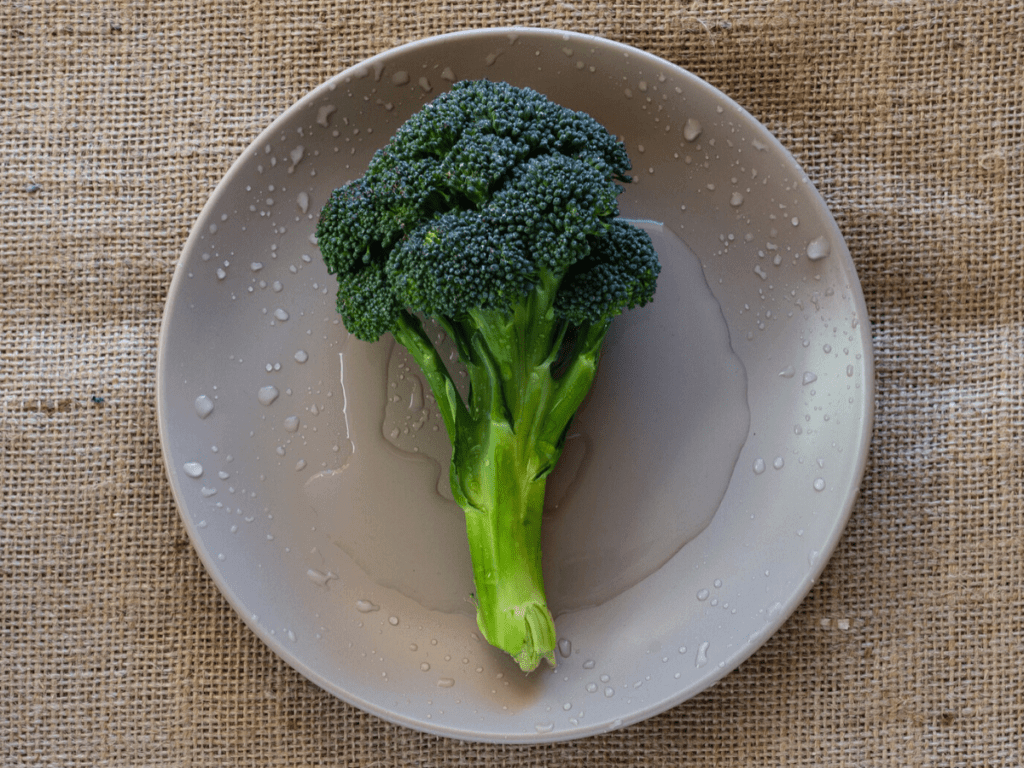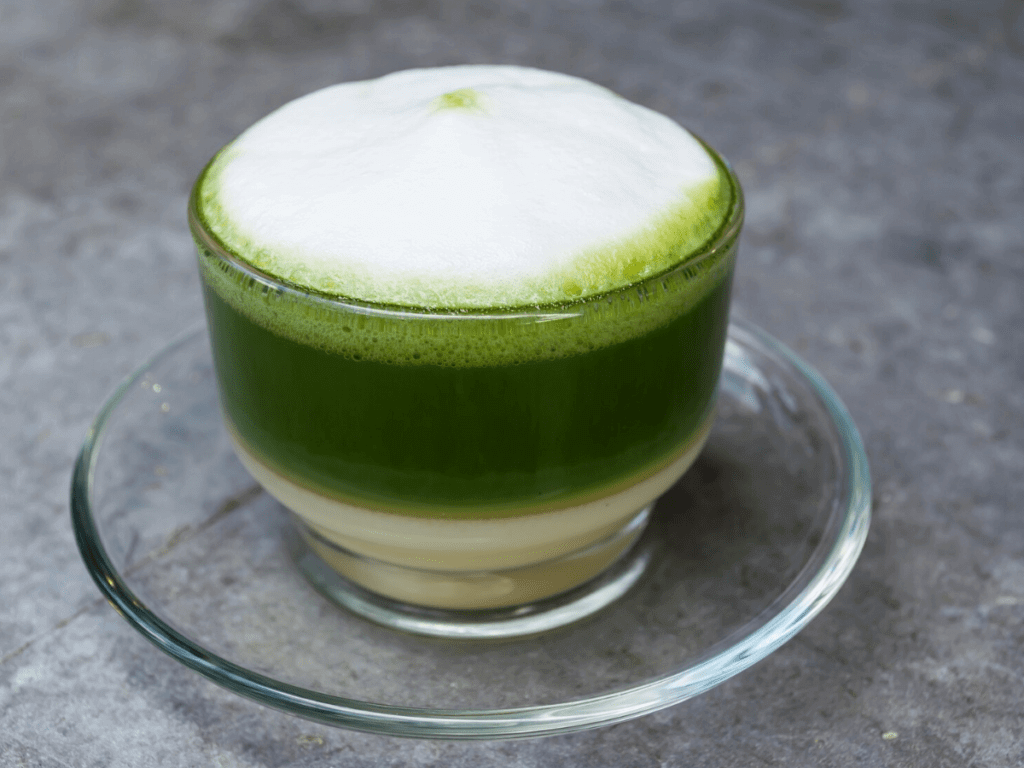
The inflammatory response is an important part of the body’s natural wound healing process. But when inflammation extends beyond the natural course, it delays healing and increases the risk of infection and other complications.
One of the best ways to combat inflammation is to consume nutrient-dense, anti-inflammatory foods.
Here are 7 anti-inflammatory foods to incorporate into your diet to reduce inflammation and heal wounds faster!
Berries
Berries are a great source of fiber, vitamins, and antioxidants. Many berries contain red, blue, and purple pigments called anthocyanins. Research shows that these polyphenols help to regulate the body’s natural inflammatory response.

Some berries also contain quercetin and resveratrol, both credited with having powerful anti-inflammatory effects.
Some of the most nutritious berries (and best inflammation fighters) are blueberries, strawberries, raspberries, and blackberries.
Pineapple
Pineapple is packed with immune system-boosting nutrients. It contains vitamin C, potassium, manganese, B vitamins, antioxidants, and phytonutrients.

Pineapple also contains bromelain, a digestive enzyme that supports immune function and reduces inflammation.
Fatty Fish
Fatty fish are a great addition to any wound healing diet. They provide protein needed for building healthy new tissue, as well as long-chain omega-3 fatty acids that reduce inflammatory markers and support cardiovascular health.
Some favorable fatty fish options include salmon, anchovies, herring, tuna, mackerel, and sardines.
When possible, opt for wild-caught over farm-raised fish to get the most significant nutrient and anti-inflammatory benefits.
Beets
Beets (and beetroot juice) are an excellent dietary source of magnesium, calcium, iron, and potassium.
And in addition to being nutrient-rich, beets also supply the body with antioxidants that reduce inflammation and aid in cell repair process.
Broccoli
Cruciferous vegetables like broccoli, brussels sprouts, and kale contain inflammation-fighting vitamins A and K.

Broccoli also contains sulforaphane, a compound that inhibits the inflammatory action of T-cells and boosts immune function.
Raw and sprouting broccoli have higher amounts of sulforaphane than cooked. However, adding mustard seed to cooked broccoli has been shown to increase the bioavailability, or absorption power, of sulforaphane by up to 4 times as much.
Green Tea
Green tea boasts several health benefits, thanks to its antioxidants and polyphenols. In addition to being a tasty beverage, it has specific antioxidants called catechins that neutralize free radicals and have anti-inflammatory and antimicrobial properties.

Green tea also contains EGCG, a compound that combats pro-inflammatory cytokines and reduce other markers of inflammation.
Turmeric
Turmeric is a widely used cooking herb with several therapeutic benefits. It contains curcumin, a compound that has been shown to reduce inflammation by blocking pro-inflammatory signals.
In addition to helping wounds heal faster, it can also help with reducing chronic inflammation and managing autoimmune issues.
Taking small steps to improve your diet can lead to big results in your wound healing. Try gradually incorporating some of these anti-inflammatory foods to support your body’s natural healing process!









